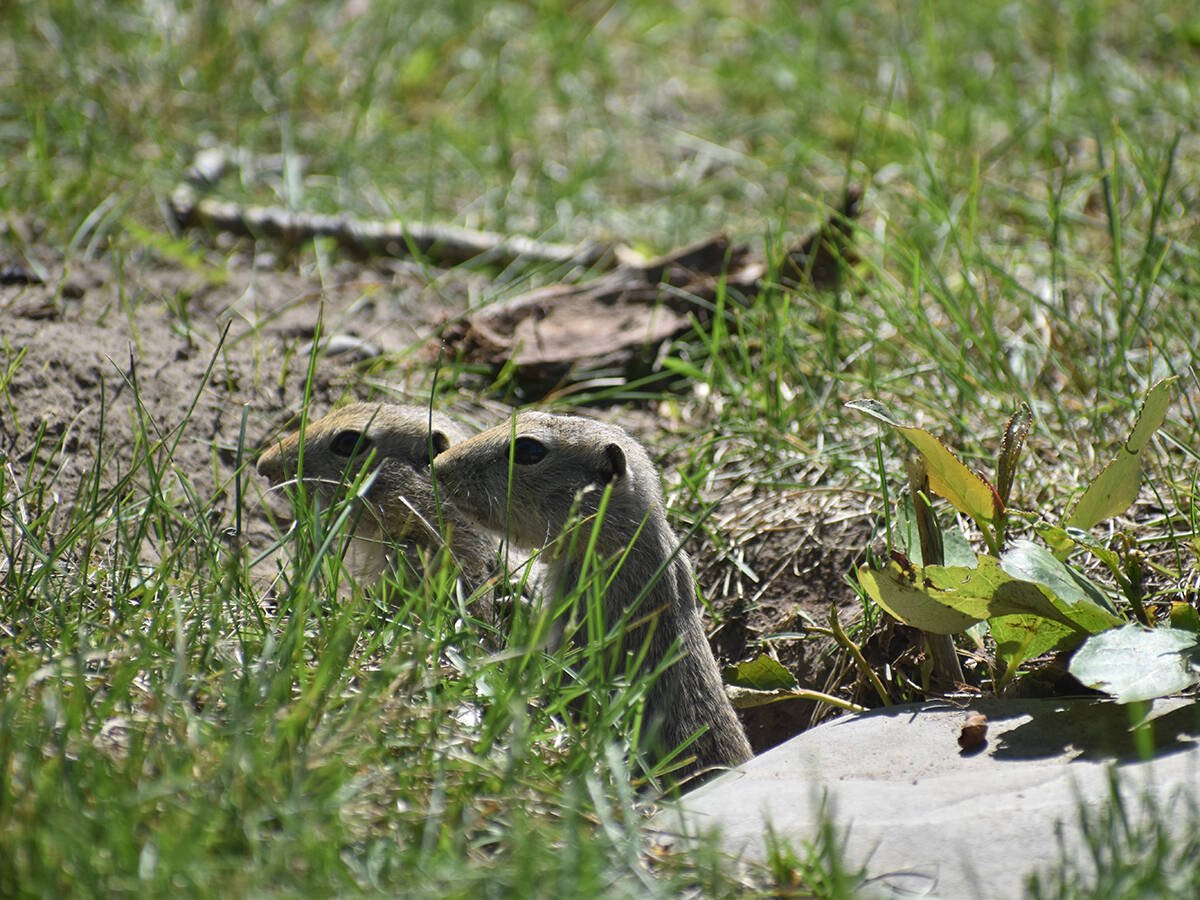(Reuters) — Monsanto has not given up on a proposed takeover of Swiss rival Syngenta, a source close to Monsanto said May 8 after its US$45 billion offer was rejected.
The company is still working on the deal and could decide to increase its initial bid, which valued the firm at $480 a share on the Swiss Stock Exchange. That was 36 percent premium to the May 7 closing price.
A deal would give Monsanto, which dominates the market for seeds and genetically modified crops, access to lucrative crop protection chemicals and create an industry behemoth with combined sales of more than $31 billion.
Read Also

Rural officials hopeful strychnine use will resume
The Saskatchewan Association of Rural Municipalities is taking a verbal commitment from the federal agriculture minister on strychnine use as a good sign.
Syngenta rebuffed the cash-and-shares offer, saying it undervalued its prospects and didn’t fully take into account regulatory risks.
However, the company doesn’t consider the deal dead, according to another source familiar with Syngenta.
Monsanto, which earlier confirmed it had made an offer, declined to comment on whether it would improve the bid.
Meanwhile, major investors in Syngenta said they were confident a deal with Monsanto would come off if the U.S. firm upped its initial $45 billion bid by at least 10 percent.
“Monsanto is likely to come back relatively soon, and not with a modest price,” said a third source, a banker who has worked with the U.S. company in the past.
Monsanto may need to pay a premium of up to 40 percent to Syngenta’s shareholders to make the deal attractive, the banker said.
To ease antitrust concerns, it may also team up with an industry partner to acquire Syngenta’s U.S. seeds business because the two groups are already seen as market leaders in the American seed industry, according to the first source close to Monsanto.
Monsanto foresees strong benefits from a takeover of Syngenta, which makes heavy research and development investments in crop technology to increase the average productivity of crops such as corn, soybeans, sugar cane and cereals.
The U.S. firm, meanwhile, is focused on conventional and biotech seeds and last year raised its R&D spending to $1.7 billion from $1.5 billion in 2013.
“There is a clear strategic logic to a deal,” an industry source said.
“Syngenta is the only available target in crop protection. It’s no wonder Monsanto continues to circle the company.”
Other large providers of crop chemicals, such as BASF, Bayer and Dupont Pioneer, aren’t seen as sellers and have diversified their operations in areas that are less relevant for Monsanto, the banker said.
However, Monsanto could seek to strike an alliance with the likes of Bayer and BASF and place a joint bid in an effort to ease “draconian antitrust scrutiny,” the banker added.
“The production of seeds is a concentrated industry,” said Andre Barlow, an antitrust expert at Doyle, Barlow and Mazard PLLC.
“Both (companies) overlap in crop protection and seeds and there is a lot of R&D in this space, which would raise additional concerns,” he said.














